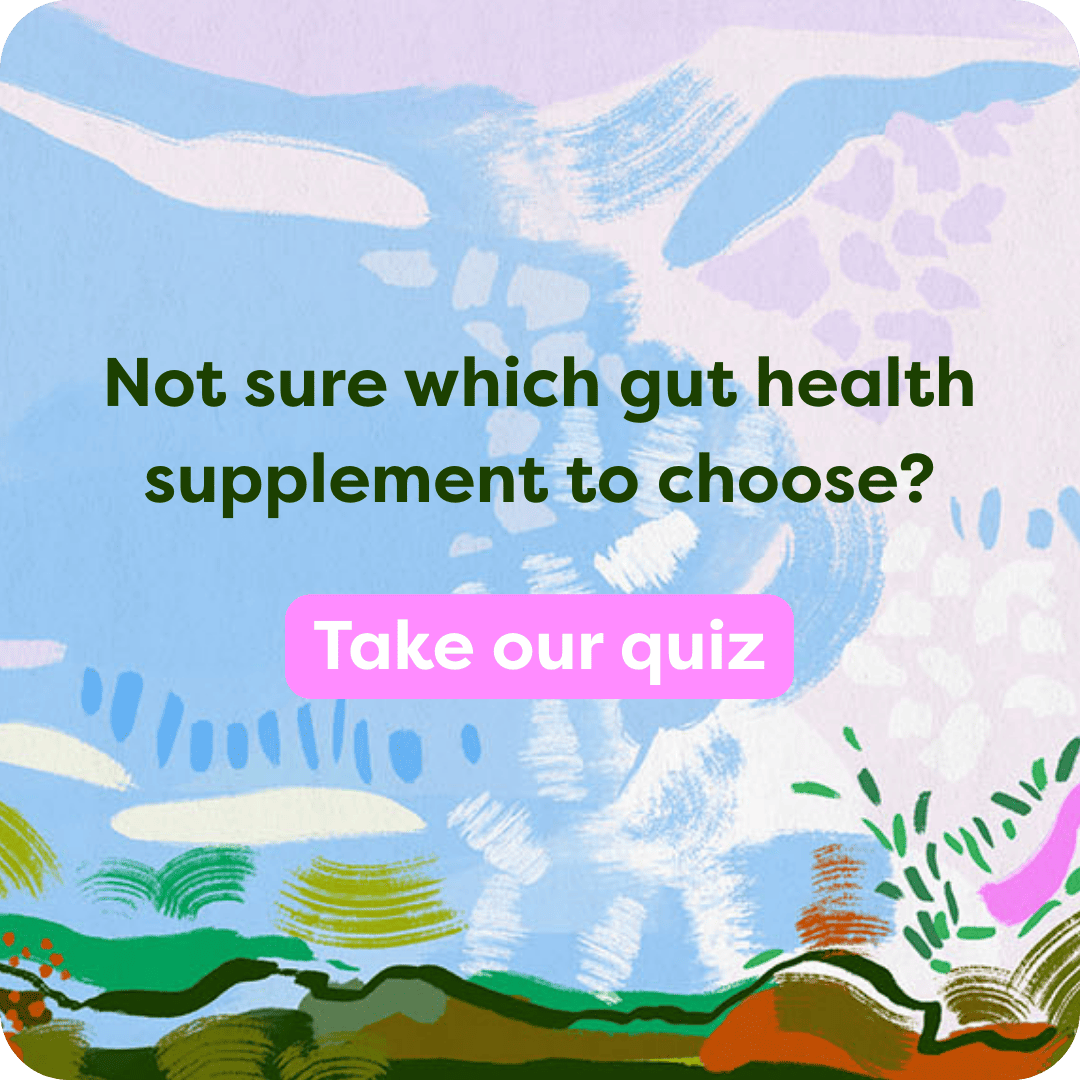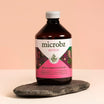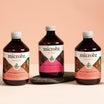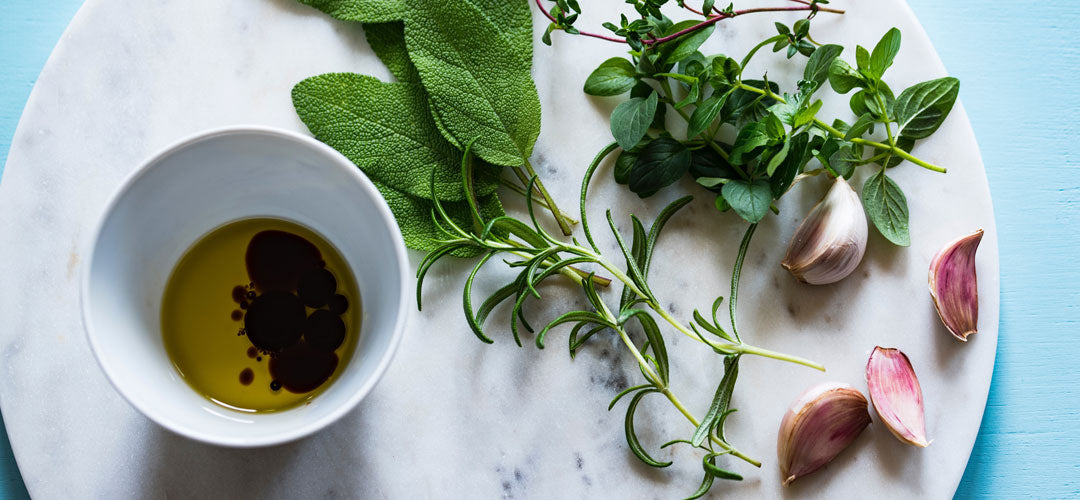Pregnancy is an exciting time and there is a lot to prepare. There might be a nursery to decorate, newborn baby grows to buy and courses to take ready for birth. But the body is also working overtime creating a new human being, so it too needs time, and a little extra help, to prepare.
Most women start taking a daily pregnancy vitamin as soon as they find out about the new arrival, but a multivitamin alone might not be giving you everything you need for the healthiest possible pregnancy.
What's missing? You guessed it: a probiotic.
Dr Sears, a well-known US paediatrician and author of books on parenting and nutrition says "there is no segment of the population I'd rather see adopting gut-friendly habits than expecting mothers". Our modern lifestyles can be tough on the gut, so it takes a degree of awareness and determination to do this well. His advice is to avoid unnecessary exposure to antibiotics both in the diet and in medicine, to clean up chemicals and toxins in the home (you can do this with a microbial cleaner) and to add a probiotic to your daily pregnancy routine.
At microbz we've launched a new living liquid specifically for women's health. It contains 15 families of beneficial microbes that boost the microbiome, the trillions of microbes that live in and on us - ready for birth.
To double the goodness, this new supplement is brewed with 18 herbs that aim to provide everything pregnant women need to balance their hormones. Hormones are chemical messengers that regulate complex mechanisms like growth and metabolism. They are important at any time of life but during pregnancy - one of the most complex mechanisms there is - hormones are vital for the development of the baby's brain and reproductive system, amongst other things.
Here are three reasons taking a probiotic during pregnancy has been proven to be beneficial for mum and baby.
1. Strengthen the immune system
Microorganisms in the gut communicate with the immune system. If the gut is balanced and has a wealth of positive bacteria it sends a signal that decreases the inflammatory actions of the immune system. Typically, inflammation is not good. It causes swelling and increases mucus production.
During pregnancy the body is doing a lot growing a new human being and as a consequence the immune system runs at low speed meaning women are more susceptible to colds, coughs and flu. A daily probiotic promotes the anti-inflammatory actions of the immune system to support you and your growing baby.
2. Supercharge your breastmilk
Taking a probiotic supplement helps maximize the positive digestive and immune system effects of breastmilk. In a recent study mothers were randomly selected to receive the microbe rhamnosus (which you'll find in microbz women) before birth and babies were treated with it after birth. Twelve months later the babies that were born from mothers who had taken the microbe and then exclusively breastfed for 3 months had increased immunoglobulin secreting cells that positively influence gut immunity both for mother and for baby.
3. Help your baby develop its microbiome
A baby that is born vaginally is exposed to and colonised by microbes from their mother's vagina and rectum. Some scientists now believe that the microbes that the baby is first exposed to could be important for setting up the baby's immune system for life.
Breastfeeding has a multitude of benefits for infants. One key role that breastmilk plays is in developing a baby's own microbiome. A healthy microbiome helps to keep the immune system functioning well. This can be particularly important for infants that are required to take antibiotics or are exposed to a lot of bad bacteria. Studies show that breastmilk can account for as much as 30 percent of a baby's gut bacteria.
There are some very important microbes like Bifidobacterium (which you'll also find in the probiotic), that is one of the first microbes to colonise babies guts early in life, and scientists believe it is produced in breastmilk. Bifidobacterium has anti-inflammatory properties and can help seal an infant's developing gut, preventing microbes from entering the bloodstream via the digestive tract and stopping a number of serious health issues.






